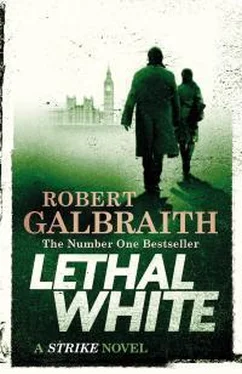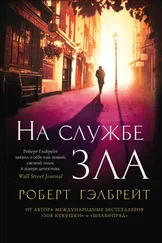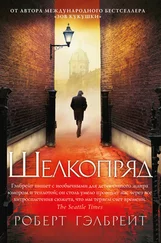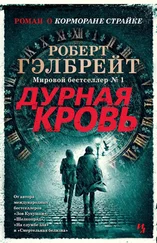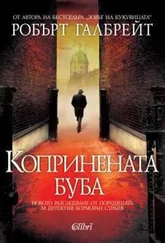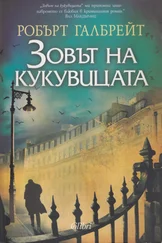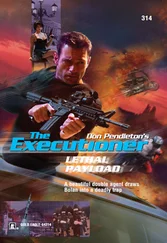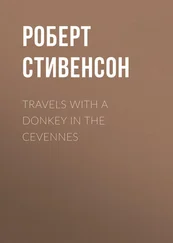59
We two go with each other . . .
Henrik Ibsen, Rosmersholm
When he saw Robin was calling him, Strike, who had taken his notebook out to the Tottenham for a drink, pocketed the former, downed the remainder of his pint in one and took the call out onto the street.
The mess that building works had made of the top of Tottenham Court Road – the rubble-strewn channel where a street had been, the portable railings and the plastic barricades, the walkways and planks that enabled tens of thousands of people to continue to pass through the busy junction – were so familiar to him now that he barely noticed them. He had not come outside for the view, but for a cigarette, and he smoked two while Robin relayed everything that Raphael had told her.
Once the call was over, Strike returned his mobile to his pocket and absent-mindedly lit himself a third cigarette from the tip of the second and continued to stand there, thinking deeply about everything she had said and forcing passers-by to navigate around him.
A couple of things that Robin had told him struck the detective as interesting. Having finished his third cigarette and flicked it into the open abyss in the road, Strike retreated inside the pub and ordered himself a second pint. A group of students had now taken his table, so he headed into the back, where high bar stools sat beneath a stained-glass cupola whose colours were dimmed by night. Here, Strike took out his notebook again and re-examined the list of names over which he had pored in the early hours of Sunday, while he sought distraction from thoughts of Charlotte. After gazing at it again in the manner of a man who knows something is concealed there, he turned a few pages to reread the notes he had made of his interview with Della.
Large, hunch-backed and motionless but for the eyes flicking along the lines he had scribbled in the blind woman’s house, Strike unknowingly repelled a couple of timid backpackers who had considered asking whether they might share his table and take the weight off their blistered feet. Fearing the consequences of breaking his almost tangible concentration, they retreated before he noticed them.
Strike turned back to the list of names. Married couples, lovers, business partners, siblings.
Pairs.
He flicked further backwards to the pages to find the notes he had made during the interview with Oliver, who had taken them through the forensic findings. A two-part killing, this: amitriptyline and helium, each potentially fatal on its own, yet used together.
Pairs.
Two victims, killed twenty years apart, a strangled child and a suffocated government minister, the former buried on the latter’s land.
Pairs.
Strike turned thoughtfully to a blank page and made a new note for himself.
Francesca – confirm story
60
. . . you really must give me some explanation of your taking this matter – this possibility – so much to heart.
Henrik Ibsen, Rosmersholm
The following morning, a carefully worded official statement about Jasper Chiswell appeared in all the papers. Along with the rest of the British public, Strike learned over his breakfast that the authorities had concluded that no foreign power or terrorist organisation had been involved in the untimely death of the Minister for Culture, but that no other conclusion had yet been reached.
The news that there was no news had been greeted online with barely a ripple of interest. The local postboxes of Olympic winners were still being painted gold, and the public was basking in the satisfied afterglow arising from a triumphant games, its unspent enthusiasm for all things athletic now concentrated on the imminent prospect of the Paralympics. Chiswell’s death had been filed away in the popular mind as the vaguely inexplicable suicide of a wealthy Tory.
Keen to know whether this official statement indicated that the Met investigation was close to concluding, Strike called Wardle to find out what he knew.
Unfortunately, the policeman was no wiser than Strike himself. Wardle added, not without a certain irritability, that he had not had a single day off in three weeks, that the policing of the capital while the city heaved under the weight of millions of extra visitors was complex and onerous past Strike’s probable understanding, and that he didn’t have time to go ferreting for information on unrelated matters on Strike’s behalf.
‘Fair enough,’ said Strike, unfazed. ‘Only asking. Say hello to April for me.’
‘Oh yeah,’ said Wardle, before Strike could hang up. ‘She wanted me to ask you what you’re playing at with Lorelei.’
‘Better let you go, Wardle, the country needs you,’ said Strike, and he hung up on the policeman’s grudging laugh.
In the absence of information from his police contacts, and with no official standing to secure him the interviews he desired, Strike was temporarily stymied at a crucial point in the case, a frustration no more pleasant for being familiar.
A few phone calls after breakfast informed him that Francesca Pulham, Raphael’s sometime colleague and lover from Drummond’s gallery, was still studying in Florence, where she had been sent to remove her from his pernicious influence. Francesca’s parents were currently on holiday in Sri Lanka. The Pulhams’ housekeeper, who was the only person connected with the family that Strike was able to reach, refused point blank to give him telephone numbers for any of them. From her reaction, he guessed the Pulhams might be the kind of people who’d run for lawyers at the very idea of a private detective calling their house.
Having exhausted all possible avenues to the holidaying Pulhams, Strike left a polite request for an interview on Geraint Winn’s voicemail, the fourth he had made that week, but the day wore on and Winn didn’t call back. Strike couldn’t blame him. He doubted that he would have chosen to be helpful, had he been in Winn’s shoes.
Strike had not yet told Robin that he had a new theory about the case. She was busy in Harley Street, watching Dodgy Doc, but on Wednesday she called the office with the welcome news that she had arranged an interview with Tegan Butcher on Saturday at Newbury Racecourse.
‘Excellent!’ said Strike, cheered by the prospect of action, and striding through to the outer office to bring up Google Maps on Robin’s computer. ‘OK, I think we’re going to be looking at an overnighter. Interview Tegan, then head over to Steda Cottage once it gets dark.’
‘Cormoran, are you serious about this?’ said Robin. ‘You genuinely want to go digging in the dell?’
‘That sounds like a nursery rhyme,’ said Strike vaguely, examining B roads on the monitor. ‘Look, I don’t think there’s anything there. In fact, as of yesterday, I’m sure of it.’
‘What happened yesterday?’
‘I had an idea. I’ll tell you when I see you. Look, I promised Billy I’d find out the truth about his strangled child. There’s no other way to be totally sure, is there, other than digging? But if you’re feeling squeamish, you can stay in the car.’
‘And what about Kinvara? We’ll be on her property.’
‘We’ll hardly be digging up anything important. That whole area’s waste ground. I’m going to get Barclay to meet us there, after dark. I’m not much good for digging. Will Matthew be OK if you’re away overnight Saturday?’
‘Fine,’ said Robin, with an odd inflection that made Strike suspect that he wouldn’t be fine about it at all.
‘And you’re OK to drive the Land Rover?’
‘Er – is there any chance we could take your BMW instead?’
‘I’d rather not take the BMW up that overgrown track. Is there something wrong with the—?’
Читать дальше
